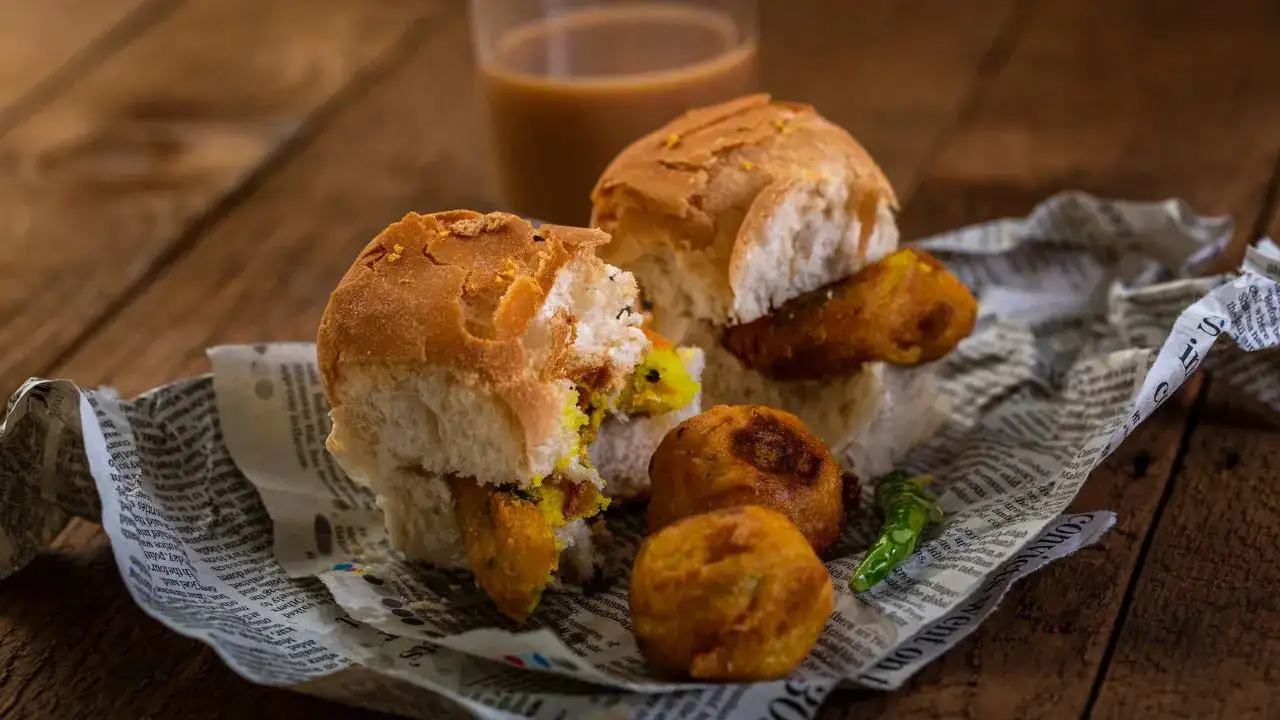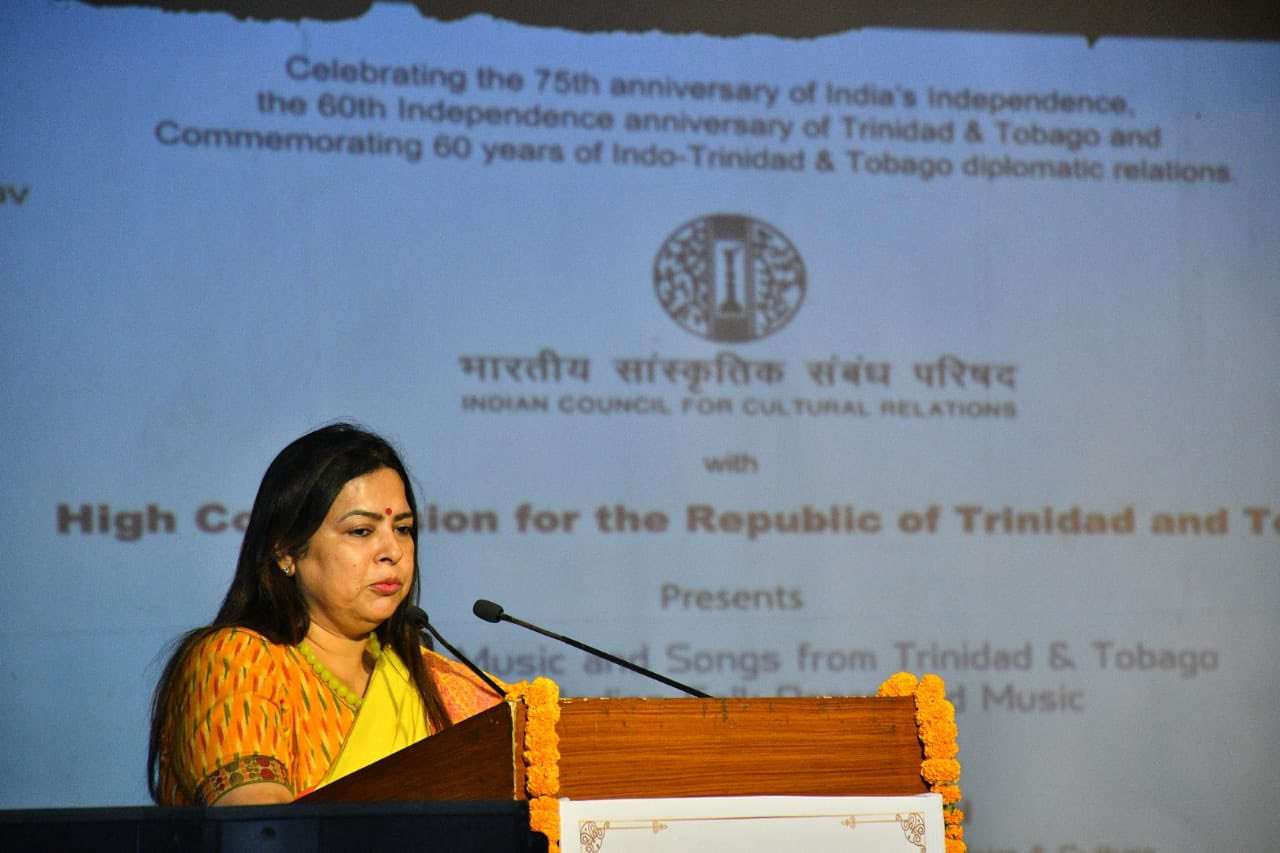While NZ’s food and beverage industry has started to feel the pressure of the new rules brought under the recent immigration rebalance announcement, ethnic food operators could be adversely affected in the absence of any significant local specialised training to replace overseas trained chefs
A report in indianweekender has highlighted the plight of New Zealand’s ethnic restaurants. The report mentioned that the restaurants were facing massive problems because hiring overseas migrant chefs was becoming difficult under the government’s new immigration policy.
While NZ’s food and beverage industry has started to feel the pressure of the new rules brought under the recent immigration rebalance announcement, ethnic food operators could be adversely affected in the absence of any significant local specialised training to replace overseas trained chefs.
The government has introduced a new requirement of “formal qualification” for any future incoming migrant chefs from overseas under its immigration rebalance announcement that many experts have doubted would render a death blow to the ethnic food industry. Most of the ethnic migrant chefs that want to work in NZ do not have any option available to them in their respective countries of origin for a ‘formal education’. Expecting them to produce a mandatory Level 4 qualification as per NZQA standards before being eligible for a legitimate visa to enter and work in the country is almost impossible.
According to media reports, many prominent hospitality operators of Queenstown – the country’s premier hospitality and tourism destination – have been impacted by the new set of rules where seasoned overseas chefs with more than a decade of international work experience are failing to fulfil the new requirement of “Level 4 formal qualification”.
NZ, over the last few years, has seen a massive increase in ethnic food outlets, which has not only added a lot of colour to the country’s gastronomic circuit but also added diversity of options for Kiwi food lovers.
This growth in the sector has primarily been driven by the growing demand for ethnic food with the gradual increase in the share of the ethnic migrant population in the country who consume more ethnic (Asian and South Asian) foods and has largely been underpinned by the migrant chefs hired from overseas, who brought-in their years of honed skills to NZ’s ever-expanding ethnic food circuit.
The government, it seems, remains either too emotionally committed to pre-2017 election ideological commitments of reducing immigration numbers by 20-30,000 or remains supremely noncognizant of the cutthroat competition for “skilled workers in the global labour market
A majority of ethnic migrant chefs working in NZ often face language and educational barriers. That is, perhaps, why till very recently, around 2000-2500 ethnic migrant chefs (largely Indian chefs) were languishing on temporary work visas for more than a decade as they could not qualify English language requirement for a residence visa. It was under the One-off residence visa 2021 that offered exemptions to English language requirement that those temporary ethnic migrant chefs gained eligibility to live and work permanently in the country.
The sector is already reeling under a crisis of general staff shortage, forcing many operators to keep their businesses closed largely because overseas workers (working holiday visas or international students) have not yet lined up in big numbers as expected by the government even after the opening of borders since July 31 after two years of closure.
The government, it seems, remains either too emotionally committed to pre-2017 election ideological commitments of reducing immigration numbers by 20-30,000 or remains supremely noncognizant of the cutthroat competition for “skilled workers in the global labour market.
*********************************************************************
Readers
These are extraordinary times. All of us have to rely on high-impact, trustworthy journalism. And this is especially true of the Indian Diaspora. Members of the Indian community overseas cannot be fed with inaccurate news.
Pravasi Samwad is a venture that has no shareholders. It is the result of an impassioned initiative of a handful of Indian journalists spread around the world. We have taken the small step forward with the pledge to provide news with accuracy, free from political and commercial influence. Our aim is to keep you, our readers, informed about developments at ‘home’ and across the world that affect you.
Please help us to keep our journalism independent and free.
In these difficult times, to run a news website requires finances. While every contribution, big or small, will makes a difference, we request our readers to put us in touch with advertisers worldwide. It will be a great help.
For more information: pravasisamwad00@gmail.com











